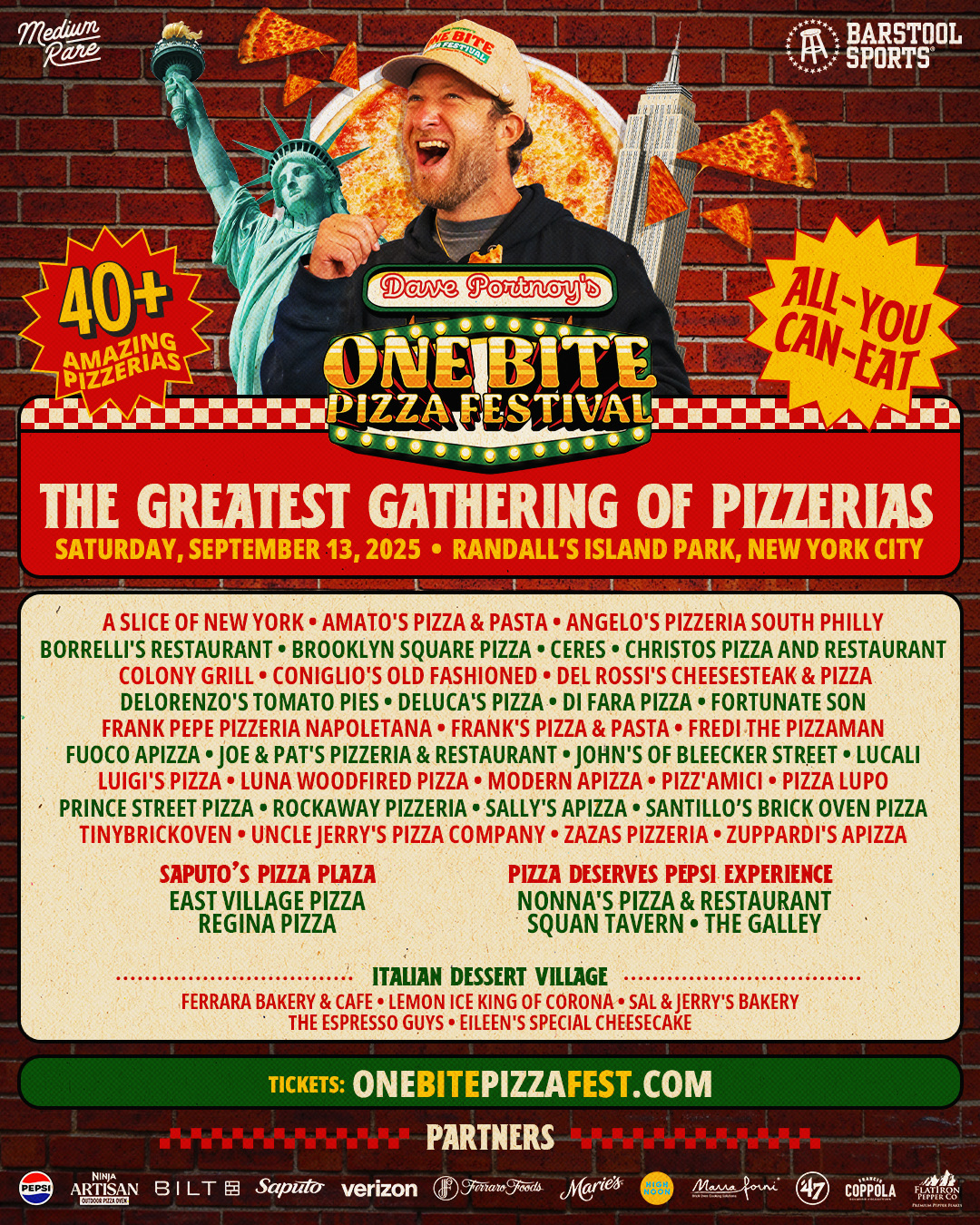Like 20 million other Americans, I usually tune in at 6:30 to watch the evening national news on one of the three major networks — NBC, CBS or ABC. Excluding advertisements, it’s about 22 minutes long, a snapshot of a troubled and troubling universe.
But I go, nonetheless, to keep up with a stumbling economy and roiled worldwide relationships. After all, it’s my duty as a citizen; we can’t expect to be self-governing if we know nothing. News is still the glue and lubricant of a democracy.
Unfortunately, I come away feeling sicker than ever — partly because of the numbing news — but mostly because Big Pharma is chasing me and guilt-rapping me into feeling something must be wrong with my body, from head to toe. I need to pop a pill, preferably forever.
Big Pharma will spend $39 billion on advertising in 2025
Take a peek into what I found in two weeks of watching the commercial world of prescription drugs as served up by a small sample of American TV, where, by the way, an estimated $39 billion will be spent this year on pharmaceutical advertising.
Start with my brain. A kindly, gray-haired pharmacist urges me to take Prevagen.
“For your brain,” he says. “I know it works.”
Odd. I think my brain is working OK. But now maybe I think I should I ask the doctor. Do I need Prevagen for my brain?
I do get headaches sometimes. But for that, another advert tells me, Botox prevents headaches; adults with chronic migraine wish they started sooner. “So why wait,” the soothing voiceover asks. Of course, given that the government forces the makers of Botox to balance their sales pitch, I am told Botox might cause trouble swallowing, speaking, breathing, or life-threatening allergic reactions, rash and dizziness.
Maybe I shouldn’t worry about a little headache. It could be worse. Another commercial warns to watch for 18 types of early-stage cancer.
“No one,” after all, “wants to be known for cancer.”
Ask your doctor if Keytruda could be right for you? But be very careful, it warns, it could cause shortness of breath, chest pain, diarrhea, severe nausea, vomiting, headache, irregular heartbeat, dizziness, confusion, muscle cramps, fever, rash and itching. Maybe I won’t ask my doctor.
I do have a slightly high sugar level. Maybe I should take the advice of the advertisement that says I should “discover the Ozempic Trizone for diabetes.” But do be careful. Watch for yellowing of the skin and clay-colored stools. And if I have chronic kidney disease or heart failure, turn to Farxiga, but beware of the bacterial infection between the anus and the genitals that may be fatal.
Ask your doctor, they keep saying. On average, doctors today spend 18 minutes with a patient. One must wonder: Is there time to discuss the options, or will the doctors, as many studies indicate, simply go along with your request?
In one advertisement, a man who appears in his 60s has had a heart attack. He is in a doctor’s office.
“I already exercise, take a statin, and eat kale,” he tells the white-coated doctor.
“Take Repatha,” the doctor advises.
Can I stop the kale?
The drug follies go on endlessly — pharma advertising on TV was up 36% in the first quarter of this year. Basketball hero Kareem Abdul Jabbar tells me to watch for A fib. Otzela will clear up psoriasis, although it might lead to suicidal thoughts. Dupixent can help asthma sufferers breathe better in two weeks. Vequezn relieves heartburn, but avoid if you are allergic to it.
I turn off the television and crawl away from the pharma bombardment. But my phone rings; Walgreen’s Pharmacy is asking if I wish to renew two medicines. I hang up. I turn to email, where three days in succession Ozempic says I can be helped to get “skinny.” No questions asked, through the mail.
I fully understand that the business of America is business — that this year advertising expenditures will reach $455.93 billion, the world’s largest advertising market. But the Big Pharma portion of advertising is different — and dangerous. Much more than ambulance-chasing lawyer advertisements.
Opinion: Trump will silence opposition to his crusade against diversity. It’s outrageous
RFK Jr. wants to ban Big Pharma ads. What about free speech?
And I bring all this up because Robert F. Kennedy Jr., Donald Trump’s Health and Human Services secretary, has suggested we ban all pharmaceutical advertising, as it was the law before the Supreme Court upgraded First Amendment protection for so-called “commercial speech.” If the product is legal and the adverts are not misleading and offer a semblance of negative effects — the pharma advertisements are protected speech.
Under the theory that knowledgeable consumers are helped by the “information” they receive, the U.S. and New Zealand are the only developed nations that allow advertising of prescription drugs. We need to rethink this policy.
FILE PHOTO: U.S. Health Secretary Robert F. Kennedy Jr. speaks during a cabinet meeting held by U.S. President Donald Trump at the White House in Washington, D.C., U.S., April 30, 2025. REUTERS/Evelyn Hockstein/File Photo
RFK worries that pharma ads will change the kind of news we see, because, in effect, they underwrite the broadcasts. Reasonable fear. But the larger issue is that the media in America are commercial entities — all advertising affects news coverage.
That’s the nature of the beast. I’m sticking to worrying about what these ads do to us as consumers: They promote a lifestyle that says drugs are the way to improve your health. Pharma is not spending $19 billon on food choices or exercise or alternative solutions. Americans spend more on prescription drugs than any nation in the world.
Not to say that drugs do not cure or improve our health — when needed. But the pharma industry creates a need for drugs that they urge we take forever — and will plump their profits. And that’s why they now spend more on marketing than on research and development.
Drug choices should come from physicians, not a wide-open discussion that is loaded in favor of Pfizer and Co. Big Pharma controls the marketplace of ideas. It is not a fair fight. We hear no other side.
The banning of pharmaceutical advertisements is not an assault on free speech. It’s an acknowledgement that Big Pharma, motivated by a desire to fill its coffers, cannot be trusted with the health of Americans.
Protect political debate, not the whims of an industry that is untrustworthy.
What would it take to ban these advertisements? The government must show that its interest in regulation outweighs the First Amendment and that a ban would directly advance the government’s desire to protect consumers.
But the Supreme Court would need to get over its proclivity to protect Big Business over consumers. It is a leap that RFK is even raising the issue and that the president has not balked. Even though Pharmaceutical Research and Manufacturers of America gave $1 million to his inauguration.
The law is complicated. But the issue is not. About 130 million Americans are rushing off to use prescription drugs that are being hawked to them — albeit legally — by an industry that should not be the barometer of how we take care of our bodies. Free speech should be for people, not for Pfizer and Co.
Rob Miraldi’s First Amendment writing has won numerous awards. He taught journalism at the State University of New York for many years. Email: rob.miraldi@gmail.com
This article originally appeared on NorthJersey.com: U.S. people deserve free speech protections, not Pfizer | Opinion














